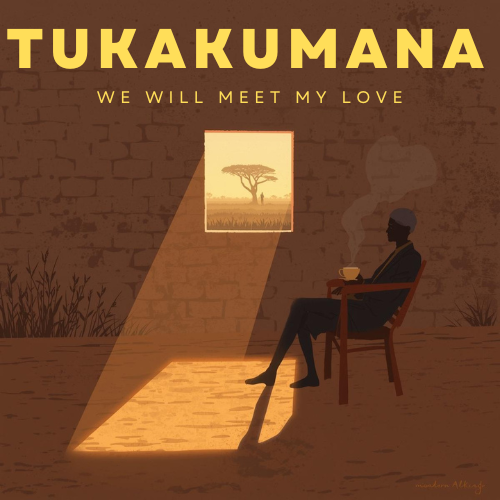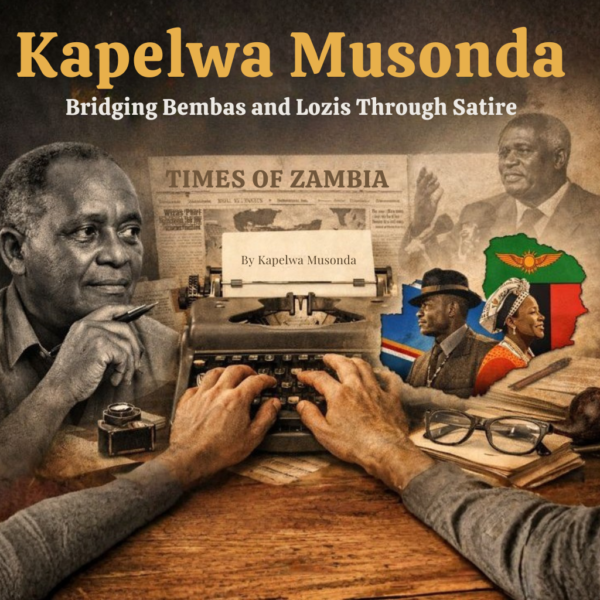
In this lesson on How to Ask a Question in Bemba, we look at the verb “Do” (Cita).
Note:
- Mu ciBemba (In Bemba) the same words are used to refer to a man and to a woman (He / She).
- In the following examples, remember that the plural form (pl.) is used to address one person as a sign of respect. (The plural form of “You”).
- The words Ninshi / Cinshi / Finshi are sometimes used interchangeably, but they mean different things:
- “Ninshi” to refer to “What is it?”
- “Cinshi” is used when you are referring to one thing, e.g “What one thing have I done?”
- “Finshi.” is used to refer to more than one thing, eg. “What things have I done?”
Do = Cita
(You can use “Ninshi”(What is it), “Cinshi” (What thing) or “Finshi” (What things) wherever each of them is used below).
PRESENT TENSE:
What have I done? = Finshi nacita?
What have you done? = Finshi mwacita? (pl.) / Finshi wacita? (sing.)
What has she done? = Finshi aacita?
What has he done? = Finshi aacita?
What have they done? = Finshi baacita?
What does she do? = Finshi acita?
What does he do? = Finshi acita?
What do they do? = Finshi bacita?
PAST TENSE:
What did I do? = Finshi nacitile?
What did you do? (sing.) = Finshi wacitile?
What did you do? (pl.) = Finshi mwacitile?
What did he / she do? (sing.) = Finshi aacitile?
What did he / she do? (pl.) = Finshi aacitile?
What did they do? = Finshi baacitile?
FUTURE TENSE:
What will I do? = Finshi nkacita?
What will you do? (sing.) = Finshi ukacita?
What will you do? (pl.) = Finshi mukacita?
What will he / she do? (sing.) = Finshi akacita?
What will he / she do? (pl.) = Finshi bakacita?
What will they do? = Finshi bakacita?
Look out for further lessons from the 15.00 series.
Did you like this lesson? Did you find it useful? Let me know.


I like this program site